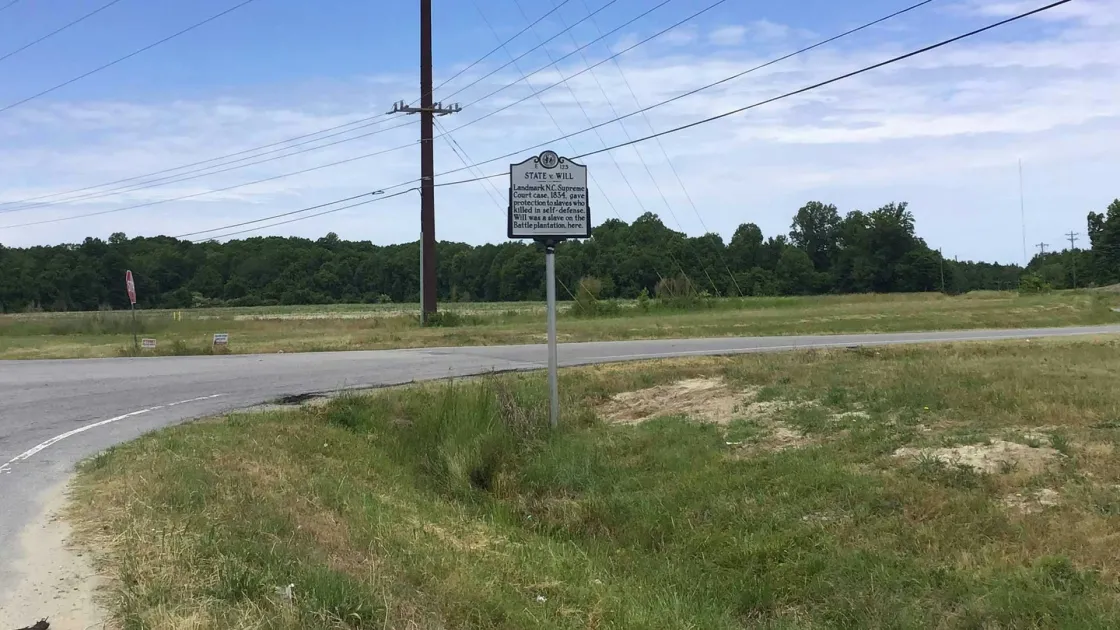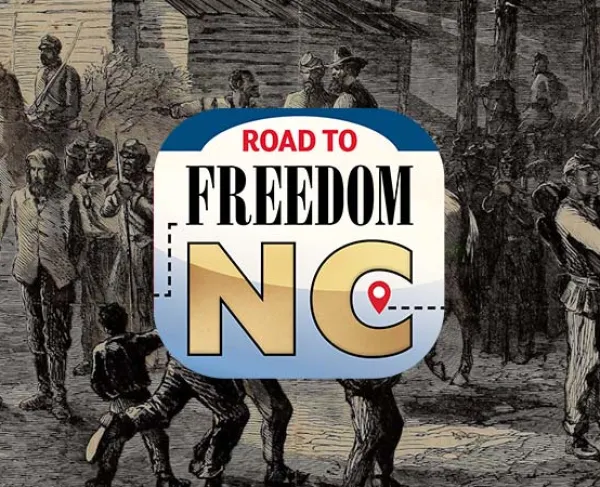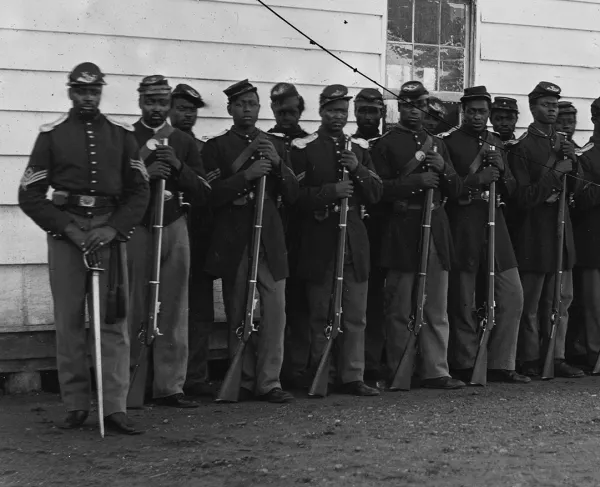State v. Will
North Carolina
8173 US Hwy 64 Alt W
Tarboro, NC 27886
United States
This heritage site is a part of the American Battlefield Trust's Road to Freedom: North Tour Guide app, which showcases sites integral to the Black experience during the Civil War era. Download the FREE app now.

Here in 1834, at what was then known as Walnut Creek, a plantation owned by James Battle, acts of resistance and violence led to legal action revealing the harsh realities of slavery and the limited legal protections for the enslaved.
A dispute arose between enslaved man named Will and an enslaved foreman named Allen over the use of a hoe with a handle that Will had made “in his own time.” Informed by Allen that Will had broken off the hoe handle rather than allowing someone else to use it, a white overseer named Baxter confronted Will and shot him as the enslaved man “made off.” When overtaken Will stabbed Baxter to death leading to a murder conviction and death sentence. Battle, believing that Will acted in self-defense, paid the legal fees to appeal the case to the North Carolina Supreme Court.
Writing for the court, Justice William Gaston, recognized the humanity of the enslaved and some limits on the authority of masters, saying “The prisoner [Will] is a human being, degraded indeed by slavery, but yet having ‘organs, dimensions, senses, affections, passions,’ like our own. The unfortunate man slain [Baxter] was for the time, indeed, his master, yet this dominion was not like that of a sovereign who can do no wrong.” Granting the enslaved a right to self-defense and dismissing the prejudice that any passionate, even violent response by the enslaved to the inhumanity their masters must arise from malice, the court determined there was no evidence of malice-driven murder, ruling unanimously that Will was guilty of manslaughter. He was eventually released and sent to another plantation Battle owned in Mississippi.
Rather than leading to broader legal reforms in the decades that followed, this rare judgement in favor of the enslaved primarily illustrates slavery’s brutality and documents how even minor acts of resistance could have significant consequences.




